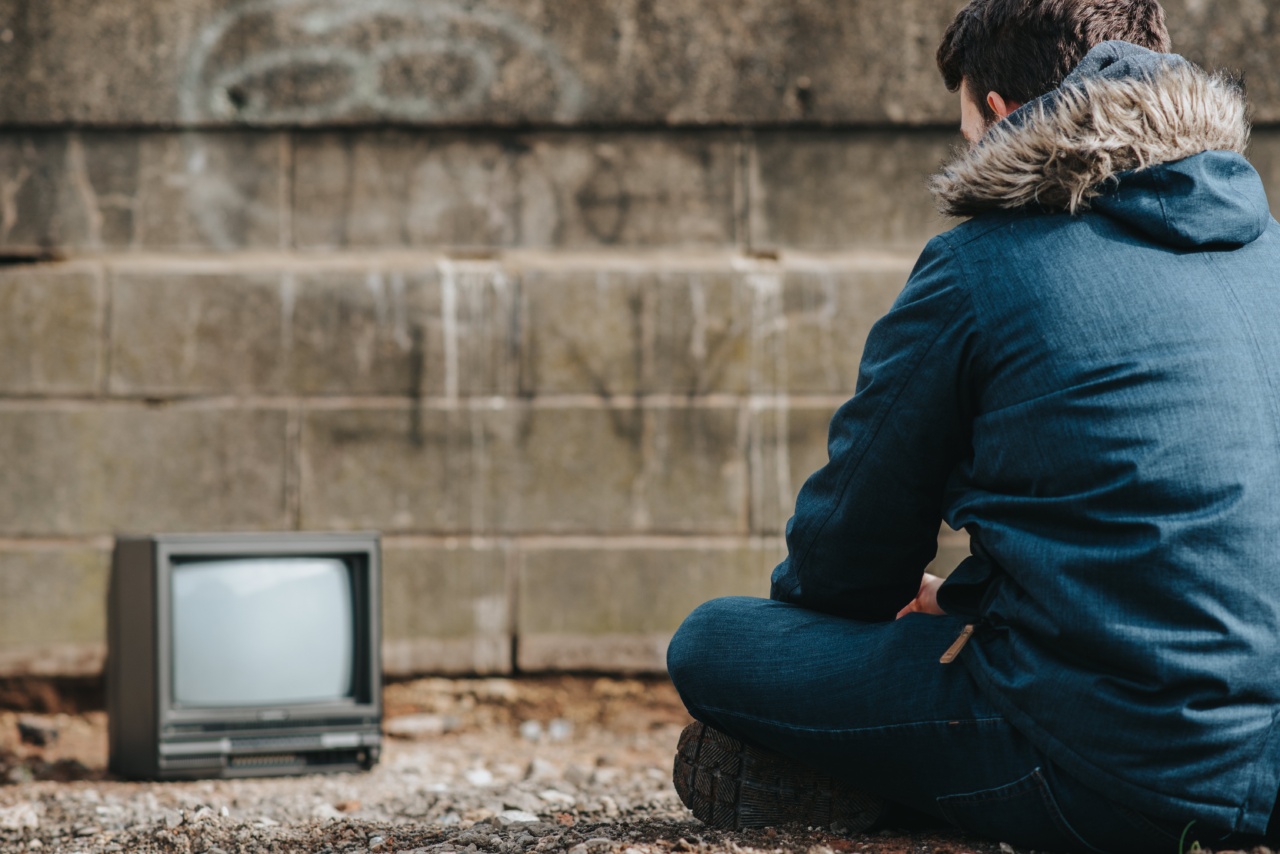Biliary stones, also known as gallstones, are tiny, hard deposits that form in your gallbladder.
These stones can be as small as a grain of sand or as large as a golf ball, and they can cause a range of uncomfortable symptoms that can impact your quality of life.
If you’re experiencing abdominal pain or other digestive problems, it could be a sign of biliary stones. Here are five signs to watch out for:.
1. Abdominal Pain
The most common sign of biliary stones is abdominal pain. This pain typically occurs in the upper right portion of your abdomen, and it can be sharp or dull. The pain may come and go, or it may be constant.
Some people describe the pain as feeling like a tight band around their chest.
2. Nausea and Vomiting
Biliary stones can also cause nausea and vomiting. These symptoms may be worse after eating a fatty meal, as the stones can block the flow of bile from your gallbladder to your small intestine.
3. Jaundice
Jaundice is a condition in which your skin and the whites of your eyes turn yellow. This can occur when the biliary stones block the bile ducts, which can lead to a buildup of bilirubin in your blood.
Bilirubin is a yellow substance that is produced when your body breaks down red blood cells.
4. Fever and Chills
If the biliary stones cause an infection in your gallbladder or bile ducts, you may experience fever and chills. This is a sign that you should seek medical attention as soon as possible, as an infection can be life-threatening if left untreated.
5. Changes in Bowel Movements
Biliary stones can cause changes in your bowel movements, such as diarrhea or constipation. This is because the stones can disrupt the normal flow of bile in your digestive system.
If you’re experiencing any of these symptoms, it’s important to see a doctor right away.
Biliary stones can be diagnosed with an ultrasound or CT scan, and treatment may involve medication or surgery to remove the stones and improve your digestive health.
In some cases, biliary stones may not cause any symptoms at all.
However, if you have risk factors for developing stones, such as being overweight or having a family history of gallstones, it’s important to talk to your doctor about preventative measures.
Preventing Biliary Stones
There are several things you can do to lower your risk of developing biliary stones. These include:.
- Eating a healthy diet that’s low in fat and high in fiber
- Maintaining a healthy weight
- Exercising regularly
- Avoiding rapid weight loss, which can increase your risk of developing stones
- Talking to your doctor about medications that can help dissolve stones if you’re at high risk for developing them
By taking these steps, you can help reduce your risk of developing biliary stones and protect your digestive health.
Conclusion
If you’re experiencing abdominal pain, nausea, jaundice, fever, or changes in bowel movements, it’s important to see a doctor right away.
These symptoms could be a sign of biliary stones, which can cause discomfort and impact your quality of life. By taking preventative measures and seeking prompt medical treatment if necessary, you can protect your digestive health and maintain a high quality of life.





























